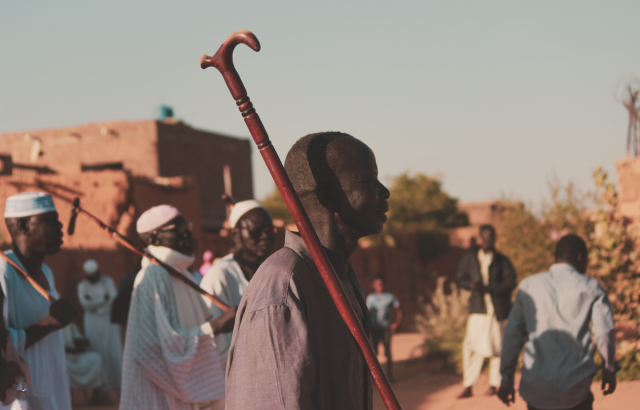Reviewing the climate-security nexus: The impacts of climate vulnerability on pastoralist conflicts in the Unity State region, South Sudan

Climate change is one of the most serious policy issues of our time. Various national governments have now incorporated climate change into their national planning and programming. South Sudan has recently emerged from the armed conflict in 2018 and continued to experience increasing trends of sub-national violence. The environmental-related vulnerabilities combine with political and socio-economic grievances to increase instability in the young African nation. South Sudan is ranked fifth among nations that are the most vulnerable to climate shocks (Republic of South Sudan Ministry of Environment and Forestry 2021). This report focuses on the Unity State region of South Sudan in which climate shocks and militarised cattle raiding have disrupted livelihood systems at county levels while increasing internal displacement and dependence on humanitarian agencies for food and basic services.
Download the report using the link below: